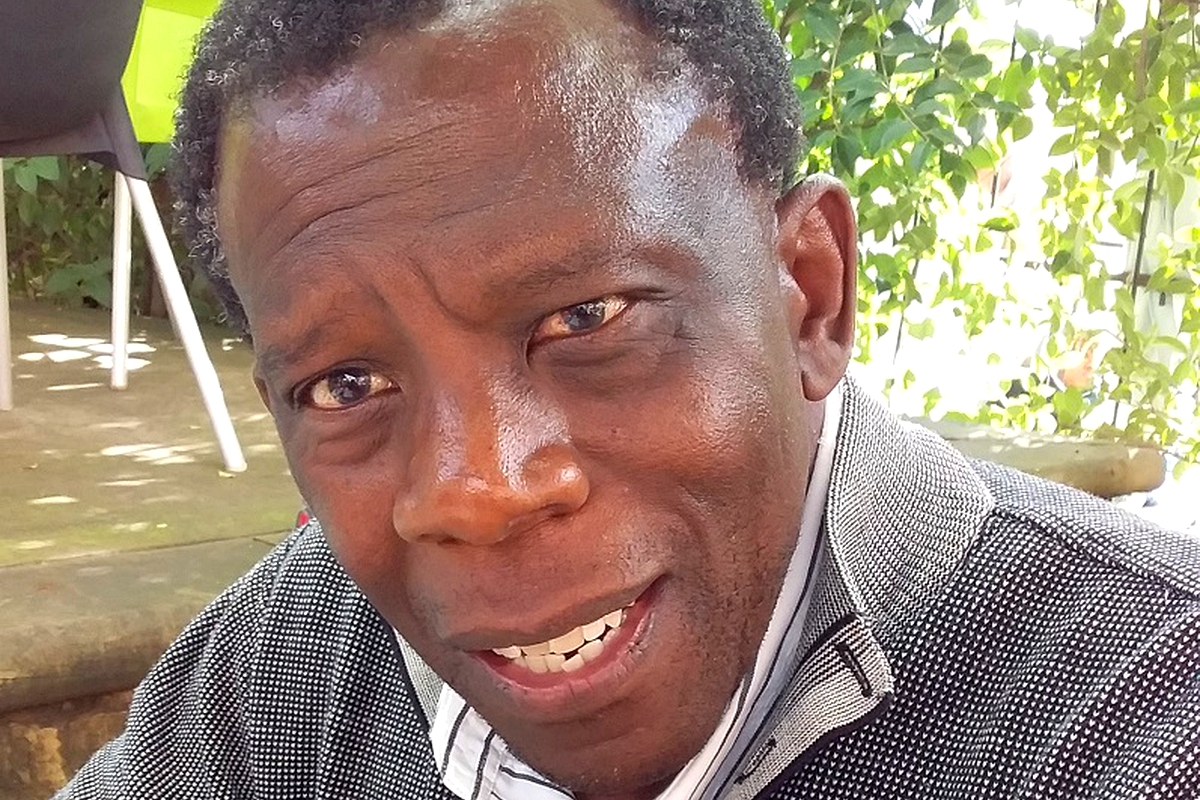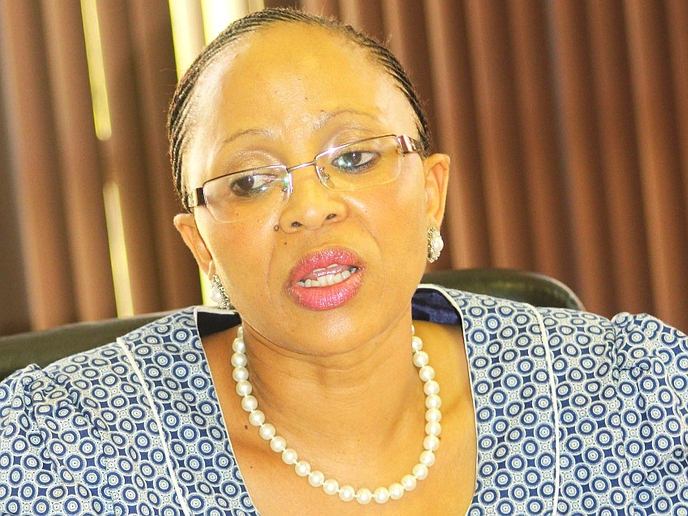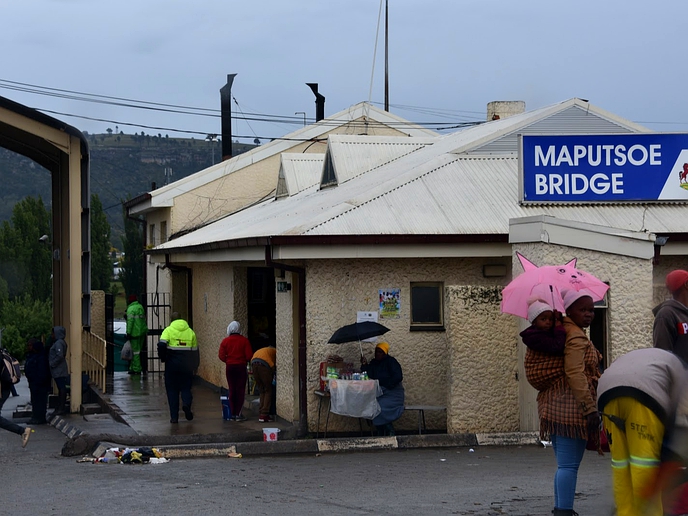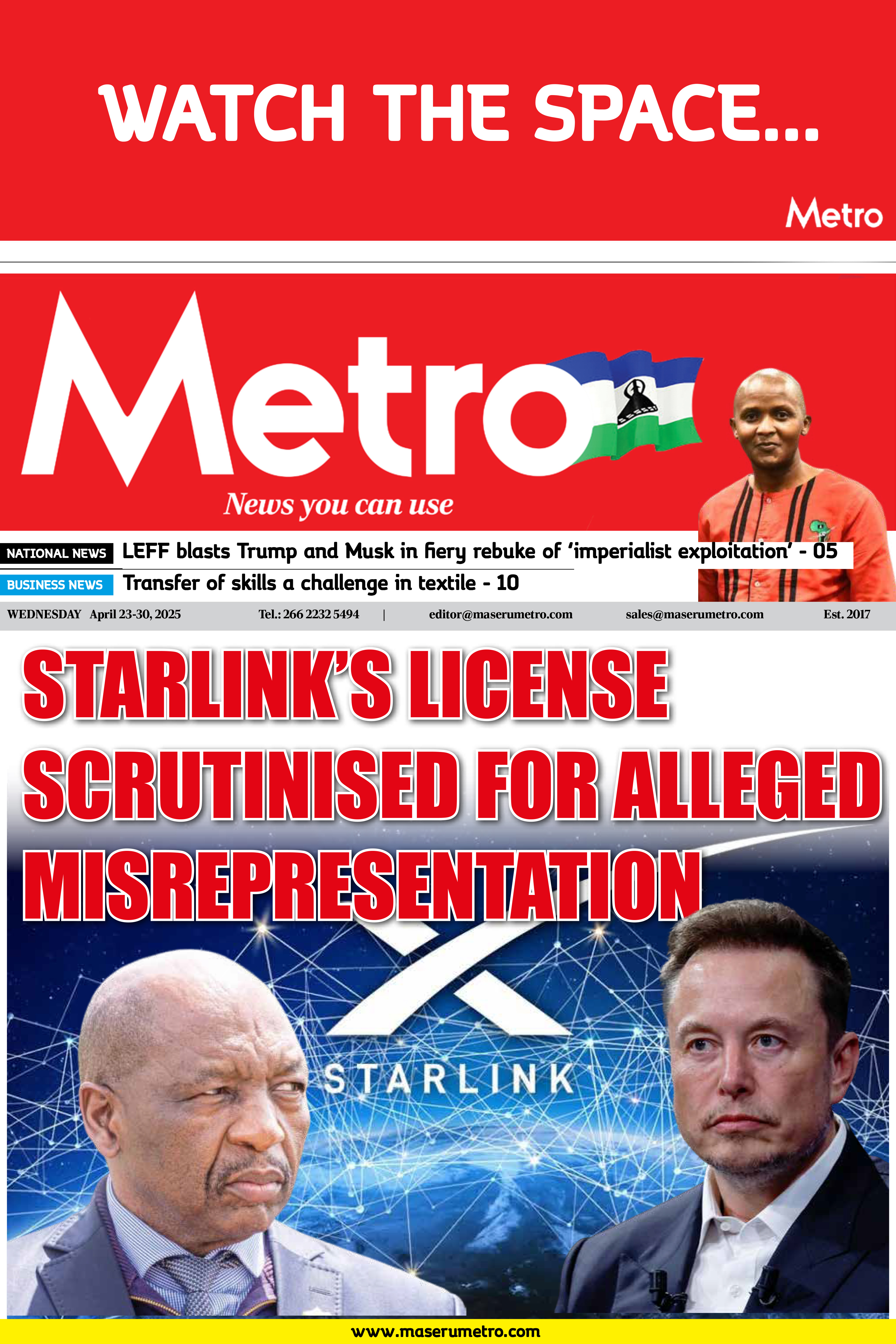Lesotho’s economy has continued to experience a sharp decline in recent times in part due to the significant decline of the global economy and faulty policies, Majakathata Mokoena-Thakhisi, an independent economist has said. Retrenchment of Basotho mine workers who traditionally used to work in South African mines has impacted badly on Lesotho’s economy as seen by the shrinking of remittances back home, which in its turn has deeply eroded the buying power of their families in Lesotho. To aggravate the situation, the number of donors who used to pump a lot of money in the form of financial aid to Lesotho has also dropped markedly, Mokoena-Thakhisi said.
business
May 2, 2019
STAFF REPORTER
3 min read
Economist pins Lesotho decline on poor government policies

This, he said, has had a devastating impact on Lesotho’s economy because the government traditionally supplements its budget from donor funds.
He lamented what he said is the serious challenge of governments which do not want to walk the talk citing the Minister of Finance Dr Moeketsi Majoro who in the 2018/2019 Financial Year made an unwavering promise that the government would cut expenditure including the international trips.
“He made the same narratives during the 2019/2020 Financial Year,” he said.
Mokoena-Thakhisi maintained that international trips usually have a significant effect on the economy, particularly for a poor country.
When civil servants go on international trips, they are usually paid per diems that they spend abroad which do not help to grow the economy of their home countries but only help to boost the economies of the countries they would have travelled to.
If there is a big entourage of civil servants who travel abroad, this means the government coffers will also be affected and the local economy will lose, he added.
Mokoena-Thakhisi said the current government has increased its total budget from M14 billion to M20 billion but, according to him, that is not reflected in the economy.
Enjoy our daily newsletter from today
Access exclusive newsletters, along with previews of new media releases.
The seasoned economist underlined that Lesotho’s economy is in a crisis and stuck in the proverbial political mud while those in power are making promises to everyone without being able to deliver.
He said the government has to create work opportunities for its people and people have to get money in the form of wages, and once bulk money is pumped into the economy through a budget, economic activity has to be evident.
“Those people will in turn spend the money on their household needs,” Mokoena-Thakhisi said.
Therefore, there will be a multiplier effect which will, in turn, put the economy on a trajectory path to growth, he said.
Political instability in the country also has a direct bearing on economic performance, he noted.
The money that the government has allocated for the capital budget should have an impact on the economy citing that the companies or contractors which will be employed in the construction sector should create work opportunities for the people.
“In this fiscal year the capital budget is just M4 billion,” he said.
He said the government is the biggest player in the economy of the country because there are no big companies that could rake in big investments which means the private sector cannot drive the economy single-handedly if the government is not supportive.
It is impossible to separate politics with economy because they are intertwined, Mokoena- Thakhisi said, adding there should be good policies in place which can drive the economy to boom.
The economy should be approached with a great deal of circumspection to take Lesotho out of its slumber where consumer spending remains deep in the doldrums, he observed.






